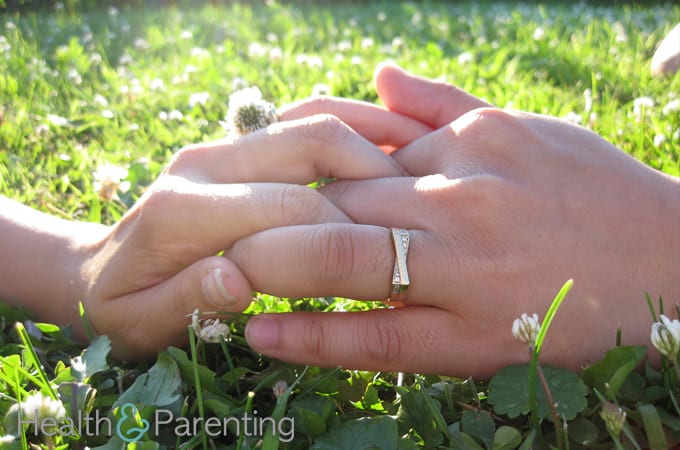It is estimated that nearly 6 out of 10 women experience some form of pregnancy loss in their life. Some, may not have even known they were pregnant while others knew and celebrated wholeheartedly only to be heartbroken. The reality is that whether you are trying to conceive, or conceived by accident, the loss of a pregnancy is real. In fact, it is the loss of a dream for many, and is not just the loss of a pregnancy – but the loss of a life that is felt.
Recovering can be painful. Most people don’t know what to say to you, and even if they did – it is likely they wouldn’t make you feel any better. As your body goes through the changes of being pregnant to not being pregnant, there is an avalanche of hormones that can make your emotions feel even more out of control. And often, knowing that you are not alone is not much of a consolation prize. Each woman processes pregnancy loss differently, but one thing remains the same. The little life that was inside of you changes you. And he or she had lessons to teach you, and he or she will always be part of your life whether you knew about him or her for 2 weeks or 2 months.
At the end of the day, pregnancy loss changes you, changes who you are.
For one thing it can change your outlook and optimism. Even though the odds are in your favor that your next pregnancy will go off without a hitch, you lose that spring in your step and your eternal optimism after such a large loss. It is normal for your next pregnancy to be outlined with worry and underlined with a constant hint of anxiety. We try to save ourselves from ever feeling that loss again, and put up protective mechanisms to ‘prepare’ us and keep us from ever being ‘too’ excited. We become careful and calculated and often fearful. The only thing you can do is do your best to stay focused on the positive in your life.
It also changes how we feel about ourselves. Typically women go through a gamut of emotions from shame and embarrassment to humiliation and denial. For many women, telling all the people who knew about the pregnancy that they were no longer pregnant was one of the hardest things to do. Not because others would be judgmental or mean, but because they may have felt like their own bodies had failed somehow. It can take many years to come to grips with the feelings about yourself and your body.
It also changes what we take for granted. As any deep loss does, pregnancy loss is no different. As humans, it is often through our pain and our losses that we grow the most – and yet this is one of the most painful ways to grow.
Anger can become a constant companion as well. At least for a while. When you lose a baby, it’s easy to become angry at everyone who has one, every pregnant woman that you feel is less deserving than you were, every woman that you see somehow can become a reminder of your loss and it is natural that it makes you angry. Even so, at some point – you have to let go of that anger in order to truly live and breathe again. But it does take time.
Pregnancy loss is different for every woman. One thing however, remains the same and that is that we have to embrace the changes and the full circle of our emotions. We have to find someone we trust to talk to about our feelings and allow ourselves to grieve and feel. None of what we feel is wrong along the way, none of what we feel is something to be ashamed of. It is part of us. And we owe ourselves the time and space to truly feel our emotions so that we can recover wholly. Even so, the loss – will have changed some aspect of who you are. The best we can hope for is that through the experience, we learn something positive that we can take forward in our lives as something to build upon.
Written By Stef, Mom of 4 @Momspirational
This information is not intended to replace the advice of a trained medical doctor. Health & Parenting Ltd disclaims any liability for the decisions you make based on this information, which is provided to you on a general information basis only and not as a substitute for personalized medical advice. All contents copyright © Health & Parenting Ltd 2018. All rights reserved.













